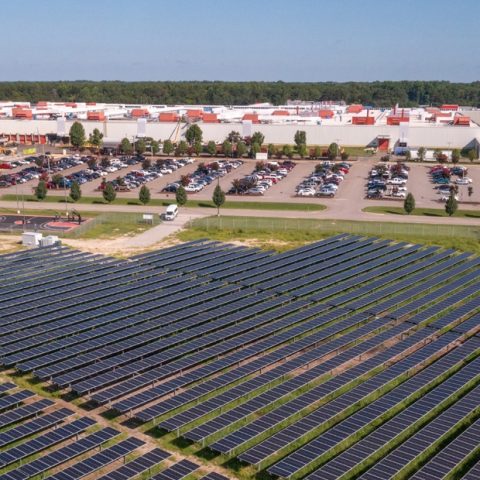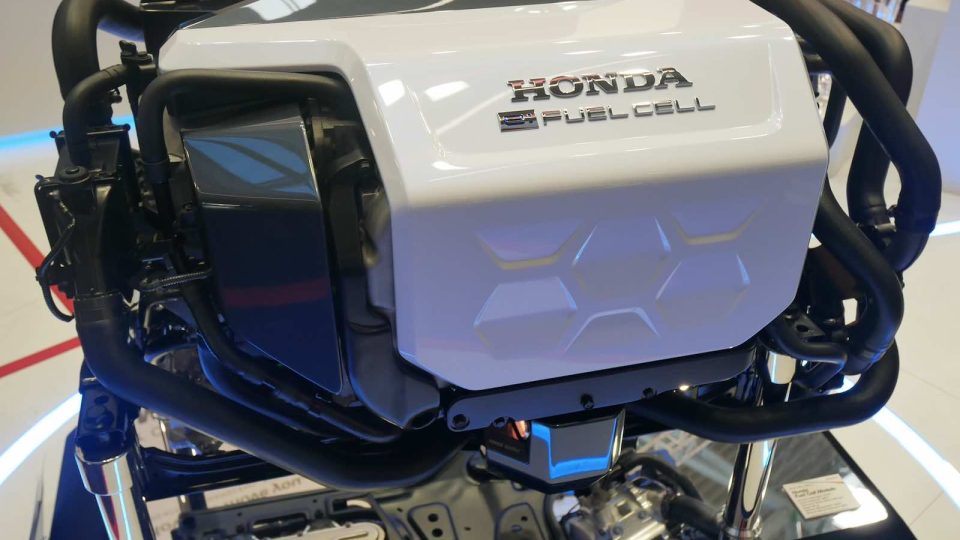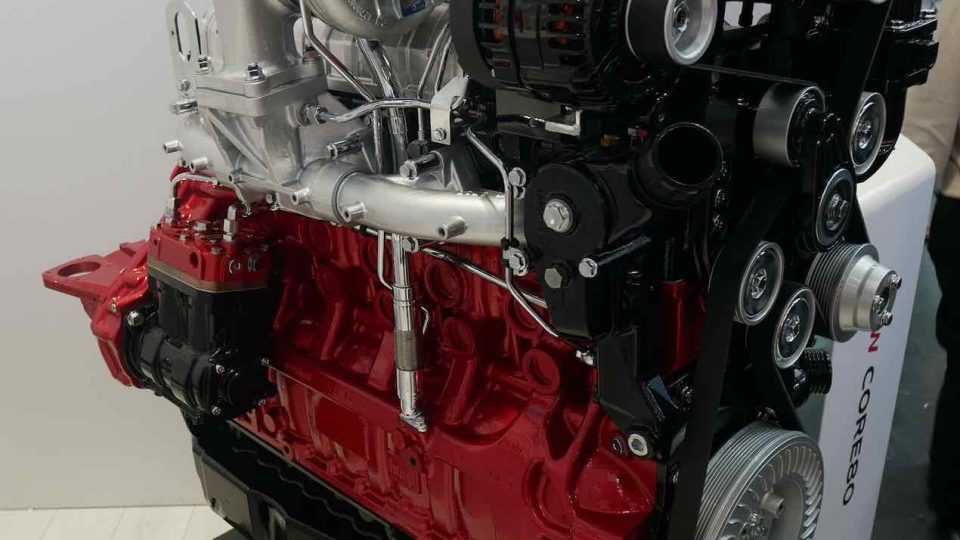Cummins’ Rocky Mount Engine Plant announces $580M project for jobs and economic growth
Today Cummins announced a $580 million project to drive economic and job growth in the Nash County community. This strategic investment is set to generate approximately 80 additional new jobs, fostering both short-term employment opportunities and long-term job stability.

Today Cummins announced a $580 million project to drive economic and job growth in the Nash County community. Cummins has received approval for tax incentives to help move the project forward and the incentives received from the Nash County Commissioners office will support the continued investment within the area.
This strategic investment is set to generate approximately 80 additional new jobs, fostering both short-term employment opportunities and long-term job stability. As Cummins continues towards its Destination Zero Strategy and its plan to achieve zero emissions across its products, the investment will involve installing new equipment for the future of manufacturing and upgrading the assembly line for next generation products.
“We are excited to be driving continued growth within Nash County and creating jobs that rely on high caliber technology for the future,” said Steve Pinkston, Cummins Rocky Mount Engine Plant Manager. “Cummins is focused on Destination Zero and getting there as quickly as possible. We need engagement from federal, state, and local governments like Nash County to achieve our goals and we are grateful for their support. When we receive engagement from local partners like this, it helps us move faster toward a more sustainable future.”
With a rich history of production for more than 40 years and producing over 5 million engines at RMEP, this milestone investment reaffirms Cummins’ dedication to the region’s economic vitality and sustaining its impactful presence for the foreseeable future. Currently, there are 2,000 employees contributing to the success and growth of Cummins at the RMEP facility.
Decarbonization is a growth opportunity for Cummins and the fuel-agnostic engine platform is a key component to help customers decarbonize today and make it easier to adopt alternative fuel types. These products are instrumental in supporting fleets on their journey toward Destination Zero by providing products that are economically viable, scalable and deliver the power, performance and durability with the evolving needs of customers.
Cummins is committed to improving the communities in which it operates to have a direct impact on the lives of its employees and the broader community. Over the past two years, RMEP employees have collectively devoted more than 20,000 hours to community engagement, forging meaningful alliances with educational institutions in surrounding districts. These partnerships extend to community colleges, public school systems, libraries, and various community organizations.
“This investment is not just about engines; it’s a testament to our unwavering commitment to the community and our vision for a sustainable and impactful future,” said Pinkston. “It means RMEP and Cummins are here to stay and we take pride in being the one of the largest employers in the tri-county area. Our role extends beyond the production floor; it’s about cultivating a thriving community where everyone can succeed. As we invest in innovation and growth, we’re also investing in the community that has been our home for four decades and counting.”
About Rocky Mount Engine Plant
Rocky Mount Engine Plant is 1.3M square foot manufacturing plant that employs over 2,000 people and produces mid-range engines for a multitude of markets. The plant has been in operation since 1983 when it started as a joint venture with Case named Consolidated Diesel Company. In 2008, Cummins bought out CASE and RMEP became a wholly owned Cummins entity. RMEP is the first Cummins plant to produce 5 million engines and has produced more than 1 million more engines than any other Cummins Engine facility.
In addition to the five millionth engine, RMEP is recently celebrated facility improvements and renovations, including its 3.62 megawatt (MW) solar farm, which was recognized with a 2023 Better Project Award. The recognition highlights projects in the U.S. Department of Energy’s Better Buildings/Better Plants initiative for accomplishments in implementing and promoting practices, principles and procedures around sustainable energy management.
Cummins implemented a water strategy in 2014 for its plants and facilities (including RMEP) and has been improving its stewardship ever since, achieving a 53 percent reduction in direct water use, adjusted by hours worked, in 2020 compared to a 2010 baseline. That reduction surpassed the company’s 2020 goal of 50 percent reduction compared to 2010, again adjusted for hours worked.









